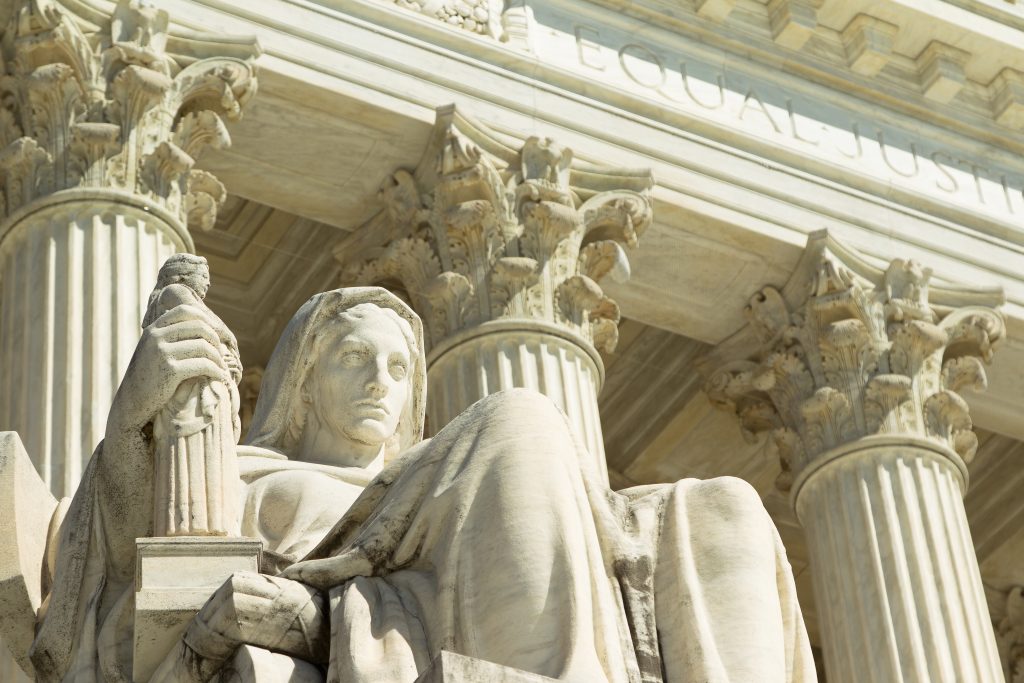Flo and Progressive
 Progressive insurance has decided that it wants to be more like State Farm. Sort of like DeSantis trying to be Trump. Snake Farm has developed a reputation on my side of the fence for being exceedingly unreasonable on offers and settlements. This is very well known in the business of insurance lawyering. Does this help their bottom line? I don’t really know. What is clear is that State Farm’s business is not doing well because their claims paid exceeded their policy premiums. Is that the result of poor decision making on evaluating claims? I don’t know, but I would like to think so. If you are a State Farm customer or now a Progressive customer, you can probably expect to find yourself a defendant in a lawsuit if you cause an accident. Many other companies, that care about their insureds, will settle cases pre-suit so you don’t have to be sued. Not progressive or snake farm.
Progressive insurance has decided that it wants to be more like State Farm. Sort of like DeSantis trying to be Trump. Snake Farm has developed a reputation on my side of the fence for being exceedingly unreasonable on offers and settlements. This is very well known in the business of insurance lawyering. Does this help their bottom line? I don’t really know. What is clear is that State Farm’s business is not doing well because their claims paid exceeded their policy premiums. Is that the result of poor decision making on evaluating claims? I don’t know, but I would like to think so. If you are a State Farm customer or now a Progressive customer, you can probably expect to find yourself a defendant in a lawsuit if you cause an accident. Many other companies, that care about their insureds, will settle cases pre-suit so you don’t have to be sued. Not progressive or snake farm.
Recently, I had a client rear ended and he needed surgery due to the crash. No real dispute there. The man had the surgery. There is only $15,000 in coverage due to that being the PA state minimum. The man’s case is worth $300,000. Progressive will not tender or offer its policy limits. Why? Because that is not their current policy. It is stupid and bad faith. But there is no such thing as suing your adversary’s insurer for bad faith. What could happen is that Progressive will force this to go to Court, the case will proceed, and they will eventually offer $15,000 for the man. An indigent client may take that. From my perspective, the ideal resolution is that the client rejects that $15,000 and we take a verdict of $300,000. Then, we turn around and say to the defendant driver and Progressive insured, pay me $300,000 minus the $15,000 insurance. The defendant says I cannot afford that. We then say, well your insurer could have settled the case for $15,000 but chose to expose you to $300,000. Would you like to assign your bad faith claim to my clients in exchange for our forgoing the claim against you for all of your assets forever? Yes, kind sir, where do I sign, he would say. Then, we would have a very nice case against Progressive. Progressive is banking on this not happening, but not infrequently, State Farm must pay verdicts that are 10 times the amount of the last offer. So, we shall see how this plays out.










